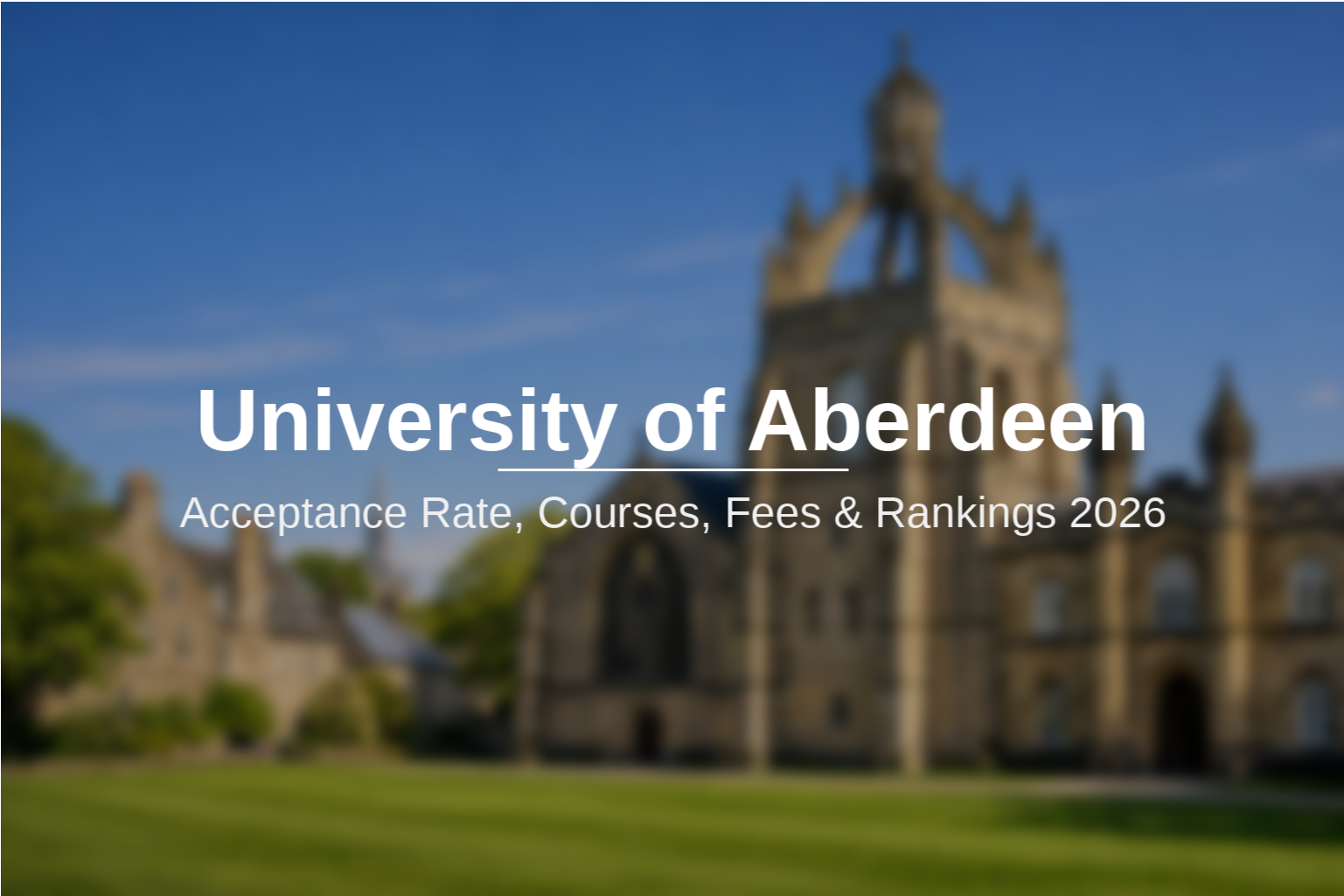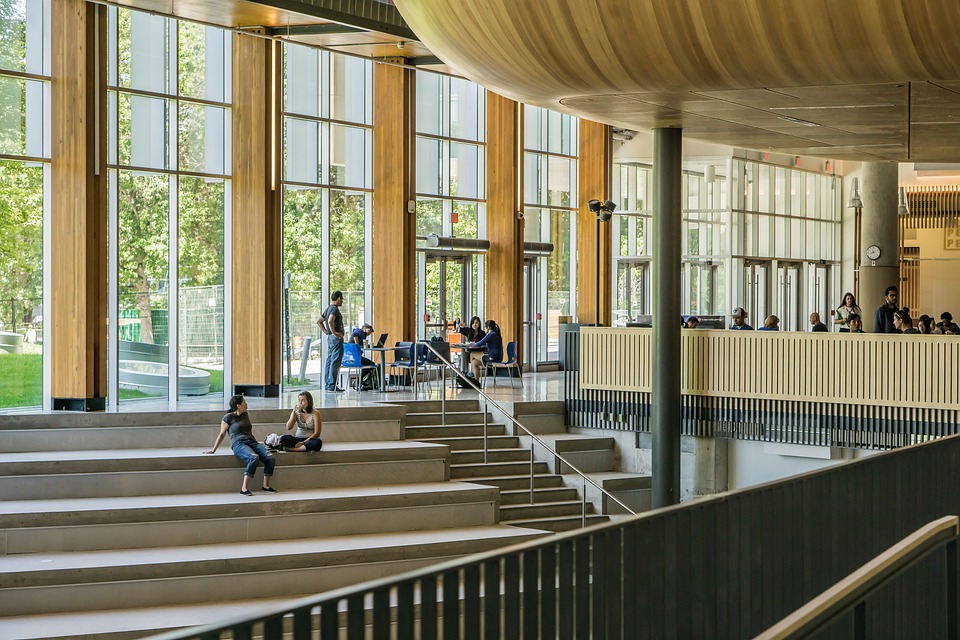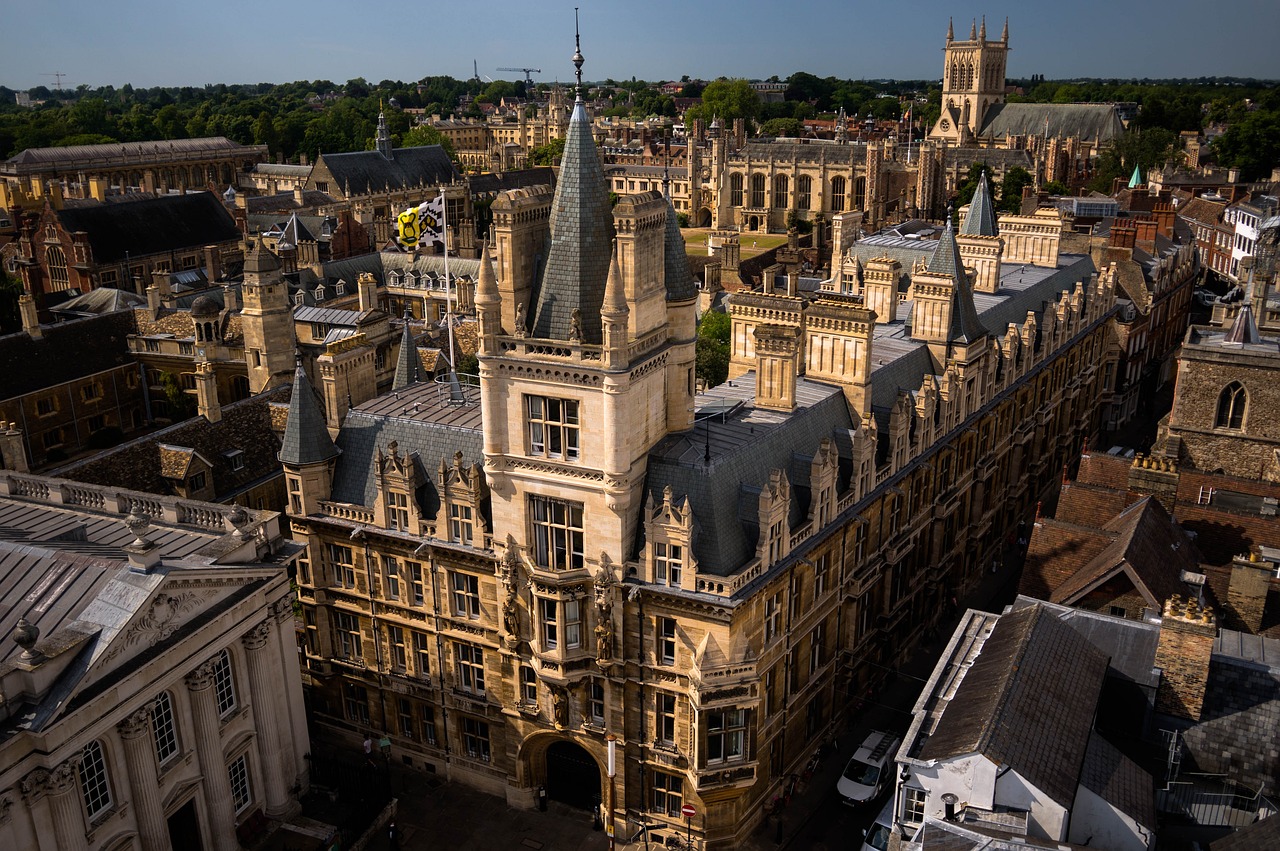The University of Bristol was founded in 1876 as the world’s first-class research university, the oldest and most prestigious university in the United Kingdom. The Sunday Times even named it “the first choice outside Oxbridge”. Many students are applying to the University of Bristol every year, so what kind of people can get a place at the University of Bristol, what is the acceptance rate of the University of Bristol, what are the factors affecting the acceptance rate, etc., so that you can understand more about the University of Bristol acceptance rate!
University of Bristol Rankings
The University of Bristol is located in the city of Bristol in the south-west of England. According to the latest REF (Research Excellence Framework) assessment report (2021) released by the UK government, the University of Bristol is ranked 10th in the UK in terms of the level of scientific research, and as of the current official website, the University of Bristol has produced a total of 13 Nobel Prize winners. The University of Bristol is consistently ranked among the world’s best in all categories.
- 2026 QS World University Ranking 51st
- 2025 US NEWS World University Ranking 105th
- 2025 Times Higher Education World University Ranking 78th
Understanding Offer Rate and Acceptance Rate
Acceptances are the number of people who actually get a place and choose to study there.
Acceptance rate = number of acceptances / number of applicants × 100%. The offer rate is not the same as the acceptance rate. Offer rate = number of offers made / number of applicants × 100%. As you know, undergraduate applications in the UK usually start a year in advance, so applications are submitted with predicted results. Students may apply to more than one university at the same time. In this case, the UK university will first issue a conditional offer letter, in which the university will state the requirements the applicant must fulfil to gain a final offer. If the applicant can satisfy the requirements in the conditional offer letter, they will be offered an unconditional offer; otherwise, they may not be offered a final offer. Some students will receive offers from many schools but will ultimately be able to select only one for admission and will need to drop the rest. As a result, there is a significant difference between the offer rate and the acceptance rate at many universities.

University Of Bristol Acceptance Rate
In 2024/2025, the University of Bristol received a total of 62,228 applicants during the application cycle, of which 41,592 Offers were made, resulting in 7,778 acceptances. 2024/25 offer rate of approximately 66.8%, and final acceptance rate of about 12.5%.
Trend of University of Bristol Acceptance Rate
| Year | Applications | Acceptances | Acceptances Rate |
|---|---|---|---|
| 2019/20 | 52,525 | 6,815 | 12.90% |
| 2020/21 | 52,385 | 7,070 | 13.40% |
| 2021/22 | 58,185 | 7,650 | 13.10% |
| 2022/23 | 60,075 | 6,145 | 10.20% |
| 2023/24 | 61,490 | 6,955 | 11.30% |
| 2024/25 | 62,228 | 7,778 | 12.50% |
Top 10 Faculties with the Highest Number of Applications
| Faculty name | School name | Application | Offer | Accepted |
|---|---|---|---|---|
| Faculty of Engineering | School of Civil,Aerospace and Mechanical Engineering(CAME) | 5255 | 2370 | 445 |
| Faculty of Social Sciences & Law | School of Management | 5010 | 1795 | 495 |
| Faculty of Engineering | School of Computer Science, Electrical and Electronic Engineering, and Engineering Mathematics (SCEEM) |
4935 | 2530 | 525 |
| Faculty of Arts | School of Humanities | 3855 | 3400 | 675 |
| Faculty of Social Sciences & Law | School of Economics | 3590 | 1890 | 550 |
| Faculty of Social Sciences & Law | University of Bristol Law School | 3235 | 1255 | 460 |
| Faculty of Arts | School of Arts | 2935 | 2065 | 415 |
| Faculty of Social Sciences & Law | School of Sociology, Politics and International Studies |
2915 | 1235 | 280 |
| Faculty of Health Sciences | Bristol Veterinary School | 2715 | 565 | 230 |
| Faculty of Health Sciences | Bristol Medical School | 2495 | 420 | 225 |
Top 10 Faculty with the Highest Number of International Student Applications
| Faculty name | School name | Application | Offer | Accepted |
|---|---|---|---|---|
| Faculty of Engineering | School of Computer Science, Electrical and Electronic Engineering, and Engineering Mathematics (SCEEM) |
2190 | 1135 | 235 |
| Faculty of Social Sciences & Law | School of Management | 1845 | 750 | 230 |
| Faculty of Engineering | School of Civil,Aerospace and Mechanical Engineering (CAME) | 1570 | 1140 | 185 |
| Faculty of Social Sciences & Law | School of Economics | 1130 | 725 | 165 |
| Faculty of Social Sciences & Law | School of Accounting and Finance | 1060 | 670 | 180 |
| Faculty of Social Sciences & Law | University of Bristol Law School | 805 | 535 | 165 |
| Faculty of Science | School of Mathematics | 685 | 730 | 120 |
| Faculty of Life Sciences | School of Cellular and Molecular Medicine |
475 | 430 | 40 |
| Faculty of Social Sciences & Law | School of Sociology, Politics and International Studies |
455 | 355 | 55 |
| Faculty of Life Sciences | School of Psychological Science | 420 | 295 | 40 |
Top Programs at the University of Bristol
The University of Bristol is the first choice outside of Oxford and Cambridge. As one of the Red Brick Universities, the University of Bristol, adhering to the background of the British Industrial Revolution, has a muscular strength in science and engineering and has always been adhering to the “loyalty to academia, focus on scientific research” of the original heart, in various fields have shown its academic solid position. The University of Bristol’s General Engineering and Social Policy and Management are ranked first in the UK, and its Politics and Education programmes are among the top five in the UK.
- 1st in the UK for Geography and Environmental Science
- 2nd in the UK for Engineering Design and Engineering Maths
- 3rd in the UK for Aerospace Engineering
- 4th in the UK for Civil Engineering
- 7th in the UK for Mechanical Engineering
- 9th in the UK for Computing
Key Application Dates for 2025/26 Entry
| Date | Notes |
|---|---|
| 02 September 2025 | Completed UCAS undergraduate applications can be submitted to UCAS. |
| 15 October 2025 | Deadline: applications for courses in medicine, dentistry and veterinary science. |
| 14 January 2026 | Deadline for all applications to be guaranteed consideration (except those with an October 15 deadline). We may accept applications to some courses after this date, please contact us to check. |
Admission Requirements for the University of Bristol
Entry requirements for UK universities include subject grades, language grades, paperwork and even written interviews. The criteria vary from institution to institution and from programme to programme. Below are the entry requirements for the University of Bristol.
Requirements for Undergraduate Programs
- High-school certificates (CBSE or CISCE)
- 80–90% average.
- Transcripts.
- Passport.
- English language proficiency. TOEFL-iBT: Overall 83–103. IELTS: 6.0–7.0 with minimum 5.5–7.0 in each section. PTE: 64–78 with minimum 60–71 in each subtest.
Requirement for Postgraduate Programs
An undergraduate (Bachelor’s) degree from a qualifying institution is equivalent to a UK second-class or higher degree (also known as a 2:1).
A CGPA of 3.3 or above is equivalent to a UK second-class degree or above.
IELTS 6.5 with no less than 6 (Economics 7.0 with no less than 6.5; Law 7.0 with 7.0 in writing and no less than 6.5 in any other subject).
TOEFL total score of 100 points, each item not less than 25 points.
Best Areas for University of Bristol
 Redland, Clifton, Bristol City Centre, and Bishopston are popular areas among the University of Bristol. These areas are close to the University of Bristol and have a strong student community, amenities, and security. uhomes.com offers a wide range of Bristol student flats, providing students with safe, high-value-for-money housing options. It helps students find accommodation that suits them based on distance, cost, and facilities. With uhomes.com, students can easily find affordable University of Bristol student accommodation.
Redland, Clifton, Bristol City Centre, and Bishopston are popular areas among the University of Bristol. These areas are close to the University of Bristol and have a strong student community, amenities, and security. uhomes.com offers a wide range of Bristol student flats, providing students with safe, high-value-for-money housing options. It helps students find accommodation that suits them based on distance, cost, and facilities. With uhomes.com, students can easily find affordable University of Bristol student accommodation.
FAQ
What are the offer and acceptance rates for the University of Bristol?
In 2024/25, The University of Bristol has an offer rate of 66.8% and an acceptance rate of 12.5%.
Which are the most accessible UK universities from which to get an offer?
- University for the Creative Arts (97%)
- Aberystwyth University (93.5%)
- University of Sussex (93%)
- Solent University, Southampton (92.4%)
- Bishop Grosseteste University (91.9%)
- SOAS, University of London7.Nottingham Trent University (90.1%)
- University of South Wales (89.4%)
- University of Kent (89.2%)
Why do Bristol University's offer and acceptance rates differ so much?
Two main reasons exist for the huge difference between the offer and acceptance rates at the University of Bristol.
- On the one hand, most people will not apply to just one institution, and many will receive offers from multiple universities and drop out of Bristol.
- On the other hand, many undergraduate admissions under the UCAS Common Criteria have additional requirements, such as language and academic qualifications. Some students receive conditional offers and need to fulfil the requirements to be admitted.
What factor influence the Bristol University's acceptance rate?
Multiple factors shape the University of Bristol’s acceptance rate. Academic performance is primary, including A-level/IB grades or equivalent, and meeting specific entry requirements. Course competitiveness and capacity matter—high-demand subjects like Medicine or dual degrees have lower rates. Contextual admissions also play a role, considering socioeconomic background, school type, and widening participation schemes. Non-academic elements such as personal statements, references, and, where required, interviews can influence borderline decisions. Supply–demand dynamics affect yearly rates: rising applications without proportional expansion in places will reduce acceptance percentages. Offer strategy, including conditional/unconditional offers, impacts final enrolments, as some applicants hold multiple offers and choose other universities. International applicants face separate competition structures and sometimes lower rates due to language or qualification requirements.








